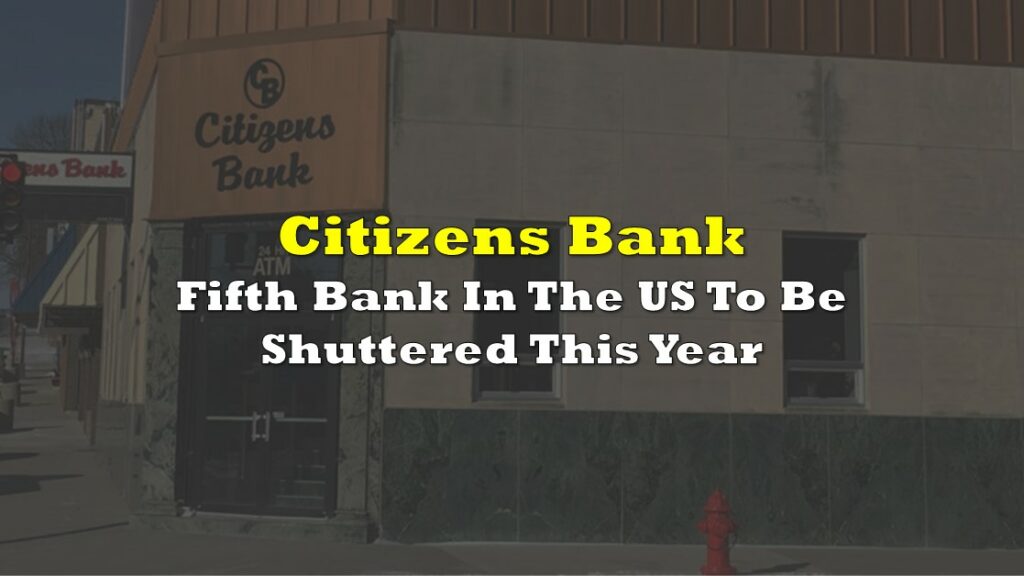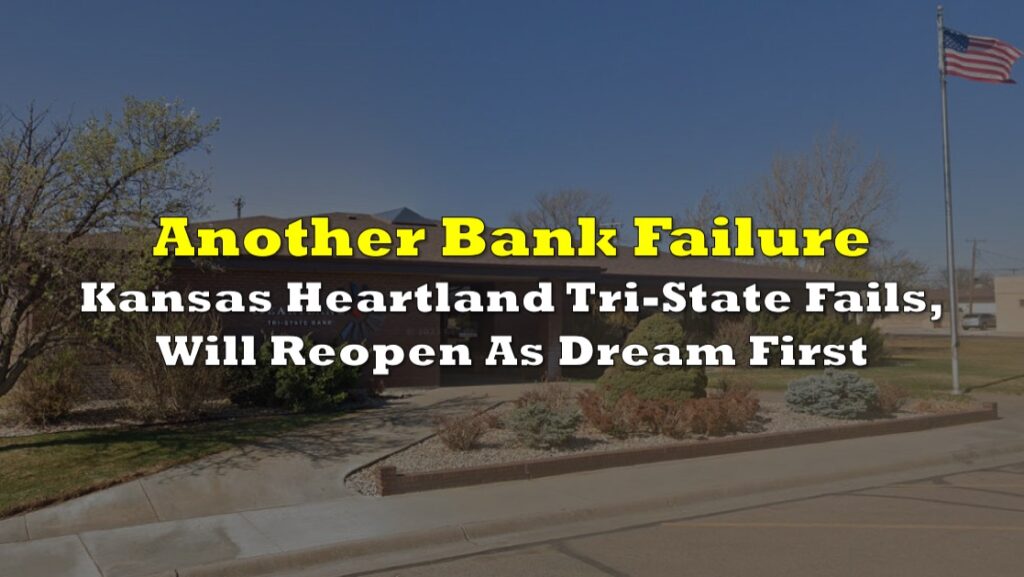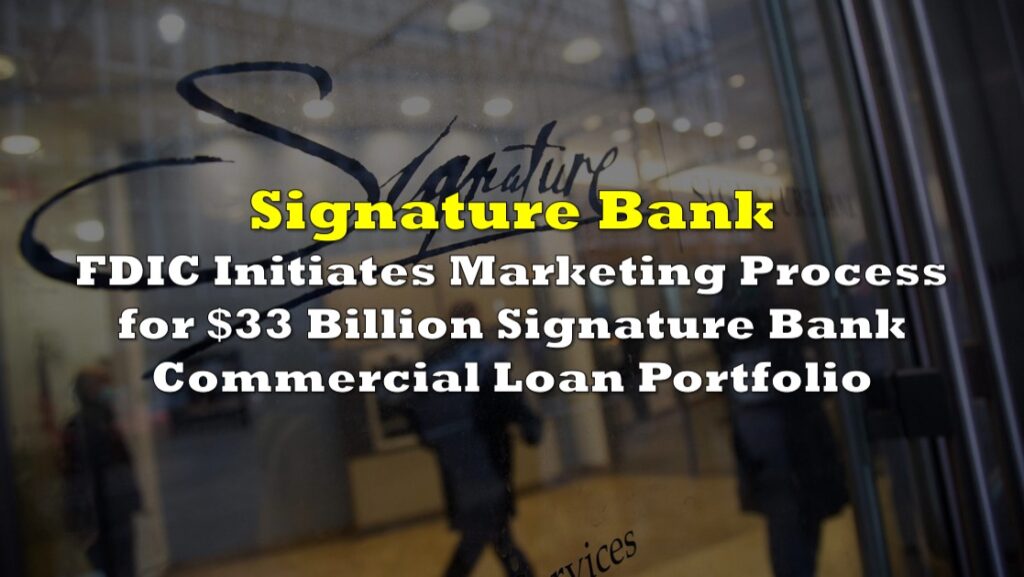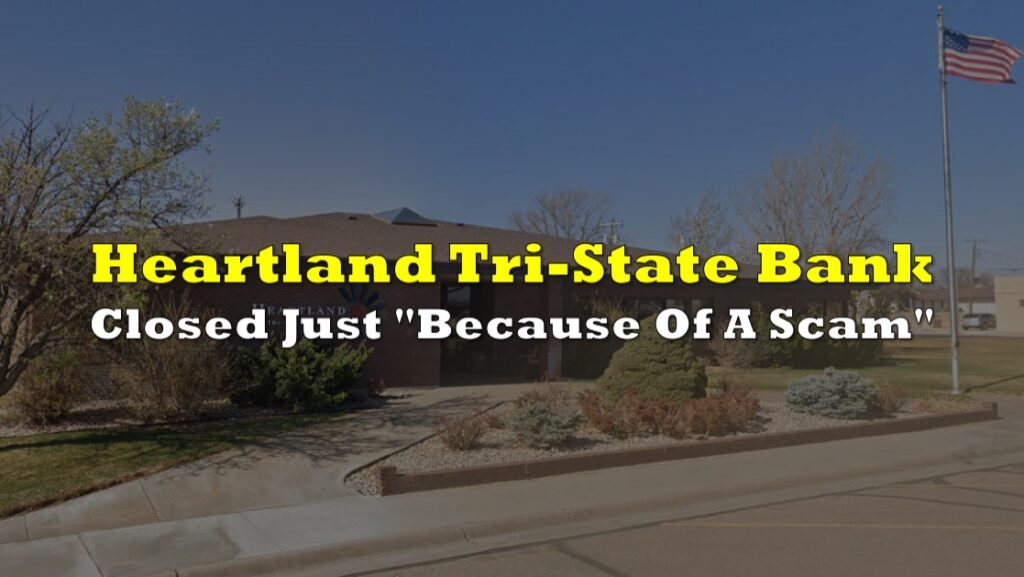The Federal Deposit Insurance Corporation (FDIC) on Thursday announced that large United States lenders will bear most of the cost of replenishing the government’s foundational deposit insurance fund.
The fund was recently drained of $15.8 billion after the collapse of Silicon Valley Bank and Signature Bank in March. FDIC will apply what it calls a “special assessment fee” of 0.125% to uninsured deposits of lenders in excess of $5 billion.
While the fee applies to all banks, lenders that hold more than $50 billion in assets would cover over 95% of the cost, according to the regulator, confirming the earlier report that smaller banks would be exempted from the fee, except the regulator’s announcement sets the mark at banks with less than $5 billion in assets and not the earlier reported $10 billion. The fee is expected to impact 113 banks in total.
The deposit insurance fund, which guarantees customers’ bank deposits of up to $250,000, was at $128.2 billion at the end of last year. Lenders typically pay a quarterly fee to finance the fund, but the FDIC said the special levy was necessary after March’s bank failures significantly dented the fund.
The FDIC proposes to collect the fee over eight quarterly assessment periods beginning June 2024, noting that the amount of the special assessment fee can still change “prior to any final rule depending on any adjustments to the loss estimate, mergers or failures, or amendments to reported estimates of uninsured deposits.” It’s spread out over two years to preserve liquidity of the lenders. FDIC officials say that this way, it would have negligible impact on bank capital.
JPMorgan Chase & Co will need to to pay an estimated $1.3 billion annual fee, followed by $1.1 billion for Bank of America Corp and $898 million for Wells Fargo & Co.
FDIC BOARD APPROVES RULE PROPOSAL TO COLLECT 'SPECIAL ASSESSMENT' FEE FROM UNDERINSURED BANKS @ 12.5 BPS OVER EIGHT QUARTERLY PERIODS, IN CONNECTION WITH MARCH 12 SYSTEMATIC RISK DETERMINATION -FDIC
— M.B. (@741trey) May 12, 2023
The regulator has authority to consider “the types of entities that benefit from any action taken or assistance provided.” FDIC Chairman Martin Gruenberg said on Thursday the proposal effectively excludes most small banks and targets the institutions that had more to benefit from the backstop.
“In general, large banks with large amounts of uninsured deposits benefited the most from the systemic risk determination,” he said in a statement.
The FDIC board passed the proposal on Thursday. The regulator will seek feedback from the banking industry and the public for 60 days before it finalizes the special assessment fee.
Information for this story was found via FDIC, Reuters, and the sources and companies mentioned. The author has no securities or affiliations related to the organizations discussed. Not a recommendation to buy or sell. Always do additional research and consult a professional before purchasing a security. The author holds no licenses.









